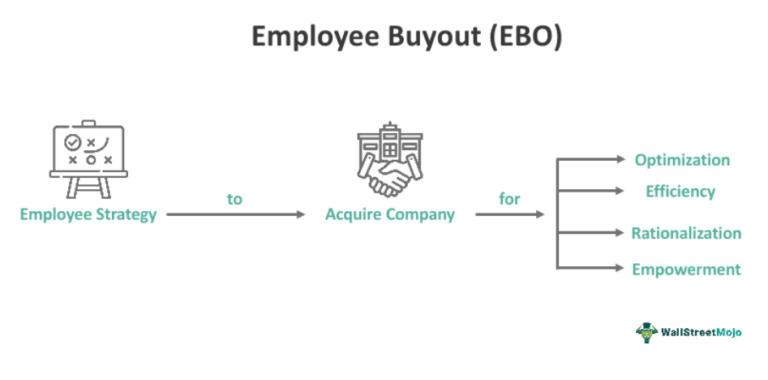
Audience
- Sentiment: negative
- Political Group: Liberal
- Age Group: 25-45
- Gender: Female
Overview
- The Dayton sisters express concerns over Target’s rollback of DEI initiatives, reflecting a broader trend among corporations.
- Target’s potential shift away from its founding principles of community care and social responsibility could alienate customers.
- The article encourages consumers to raise awareness and voice opinions about corporate decisions impacting diversity and inclusion.
The Dayton Sisters: A Call to Action for Target’s Core Values
In the heart of Minneapolis, Minnesota, a retail giant was born. That giant is none other than Target, which has grown from a single discount store established by George Dayton in 1902 to a massive company that has become a staple of American shopping culture. However, as significant changes have recently taken place within the company, there are two voices that are raising their concerns—those of Anne and Lucy Dayton, the daughters of Target’s cofounder, Bruce Dayton.
This article seeks to explore the sisters’ worries regarding Target’s recent decisions to roll back programs designed to promote diversity, equity, and inclusion (often called DEI). So, let’s dive into the situation, unravel the complexities surrounding corporate responsibility, and reflect on what all of this means for everyday shoppers like you and me.
Understanding the Shift in Target’s Corporate Culture
In a world increasingly focused on social justice, it can be disheartening to see a company with deep roots in community values step back from initiatives that aim to support diversity. This is exactly what the Dayton sisters pointed out in their letters published in The Financial Times. They expressed shock that the business community could so quickly yield to pressure from conservative activists who argue against DEI initiatives.
What does this mean, though? Many people think of DEI as buzzwords or slogans, but at its heart, it’s about creating a work environment that respects and includes everyone, regardless of race, gender, religion, or any other characteristic. For Target, this meant putting plans in place to support underrepresented groups among its employees and customers. But those plans seem to be unraveling.
The Daytons argued that their father built Target on two key principles: focusing on customers and caring for the community. When companies decide to roll back commitment to DEI, they risk alienating a portion of their customer base and failing to champion the values that made them successful in the first place.
The Importance of DEI Initiatives
To understand the significance of DEI programs, let’s break down what they really do and why they matter. Imagine walking into a store where everyone feels welcome—regardless of their background. It’s a place where employees reflect the community’s diversity; ideas and perspectives flow freely, all contributing to a more vibrant atmosphere.
- Representation Matters: When companies like Target implement DEI strategies, they aim to have their workforce reflect the society they serve. This means hiring more individuals from different backgrounds. If you’re a customer of color, seeing people like you in the store’s advertisements and employee roster can make you feel more at home.
- Inclusion Enhances Creativity: Diversity among colleagues often leads to a greater range of ideas. When a team is made up of people with various backgrounds, experiences, and thoughts, it fosters creativity and innovation. This is crucial for any business; fresh ideas can lead to groundbreaking products and services.
- The Community Benefits: Strong DEI commitment often translates to philanthropy and engagement in local communities. Companies that support their employees also tend to invest back into the neighborhoods they serve. From sponsoring local events to funding scholarships or charities, it’s all about giving back.
Defunding or reducing commitment to DEI programs can lead to feelings of exclusion and disappointment among employees and customers alike. It sends a message that certain voices and perspectives are less important, contradicting the very ideals of community that companies like Target aspire to embody.
The Wider Business Landscape: A Concerning Trend
But Target’s decision isn’t made in isolation. Other big-name corporations like Ford have also rolled back their DEI commitments. This has caused concern across various industries. You might wonder, “Why are so many companies doing this right now?” The answer lies partly in the broader political environment. During turbulent political times, businesses can feel pressured from activists on both ends of the spectrum.
The Dayton sisters believe that by scaling back support for DEI initiatives, companies not only let down their employees and customers, but they also disregard their core beliefs. In a market that often values consumer loyalty, this might prove to be a risky business decision.
Bruce Dayton’s Legacy: Upholding Ethical Commitments
Bruce Dayton, whose founding principles helped turn a small retail store into an iconic brand, would likely be disappointed to see his legacy challenged in the name of profitability and conservative interests. The Daytons’ letters serve as a reminder of what Target was built upon—a commitment to quality, customer care, and social responsibility.
Anne and Lucy Dayton urged current leadership at Target to reflect on the company’s founding values rather than bowing to pressure. They stress that their father’s vision went beyond making profits; it was about making a meaningful difference and championing the communities that welcomed Target into their lives.
However, building a diverse workforce and ensuring that everyone feels included doesn’t just happen overnight. It requires continuous efforts, real conversations, and a commitment to improve. The Dayton sisters have encouraged decision-makers at Target to maintain their ethical commitments and reaffirm their role as a leader in the retail industry, especially in times of change.
What Can We Do?
So, what can we, as everyday consumers, do in response to this troubling trend? First and foremost, we can raise awareness. We can talk about these issues among our peers, educate ourselves and others on the importance of DEI initiatives, and support businesses that take similar stands.
Secondly, we can voice our opinions. If a company like Target makes changes we disagree with, we can communicate our feelings through social media or by directly contacting them. Corporations care about their customers’ opinions, and they respond to the feedback they receive, whether positive or negative.
Finally, we can educate ourselves and participate in local initiatives that promote diversity, equity, and inclusion. Students, families, and community members can work together to encourage local businesses to adopt similar commitments and practices.
Conclusion: A Call to Reflect and Respond
As we can see, the situation at Target is more than just a corporate decision; it taps into our foundational values as a society. The conversations sparked by Anne and Lucy Dayton serve as a vital reminder of the commitments we must uphold.
So, what do you think about this issue? Do you agree with the Dayton sisters’ perspective, or do you see it differently? Share your thoughts in the comments below—your voice matters!





